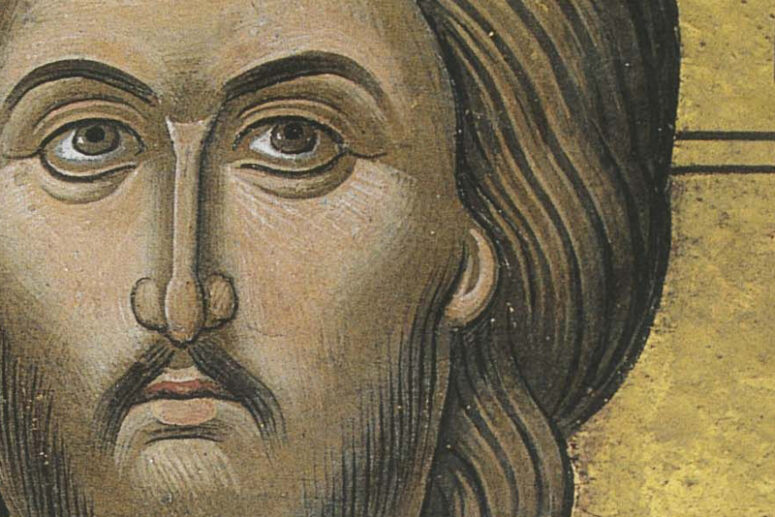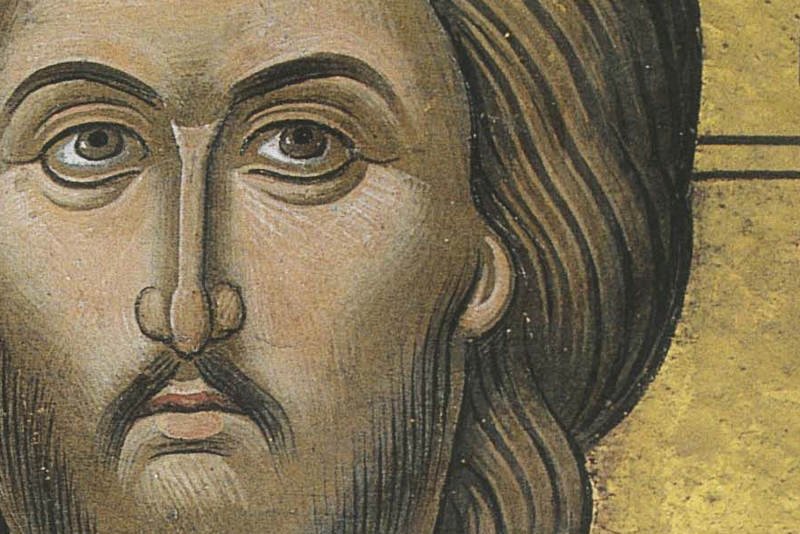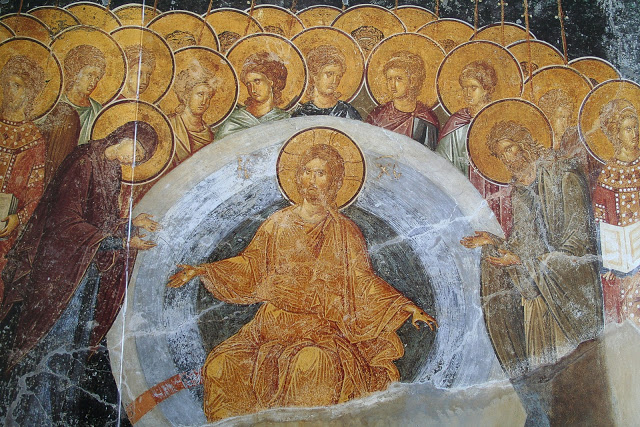
Looking for answers in the church tradition
In our exploration of Christ’s reasons, let us be systematic and start with the most obvious things. On first view, by referring to Himself in this way, he admitted that he was just like any human being. He recognised His oneness with men; by doing so, He gave us an example of genuine humility and affirmed His closeness to humankind. God became man in the flesh to make Himself as close as possible to the people, to put Himself in our shoes, so to speak, so he could best help us. Our Saviour is one of us, flesh of flesh. He is a human being to Whom everyone can relate.
The evangelists used the term ‘Son of Man’ in their gospels. They capitalised both words and they had reason to do so. Because Christ is God, they took care to make His name distinct from all others, so it be retained in our memory and never lost on us. As a title of the Lord, ‘Son of Man’ appears prominently in the gospels, and is used there as many as 65 times.
Our search for answers may end here, as we have demonstrated to our readers – and especially to Christians – that Christ’s use of the title Son of Man, spoke of His humility and underlined His close connectedness to man. However, a fragment from the book of the Prophet Daniel raises a new question in our exploration.
“In my vision at night I looked, and there before me was one like a son of man, coming with the clouds of heaven. He approached the Ancient of Days and was led into his presence. He was given authority, glory and sovereign power; all nations and peoples of every language worshipped him. His dominion is an everlasting dominion that will not pass away, and his kingdom is one that will never be destroyed.” (Daniel 7:13–14).
In it, an old-testament prophet who knew nothing of the Gospel truths already refers to the Saviour as the Son of Man. Moreover, he expected to be understood well by the people who were equally unaware of these truths.
The term “Son of Man” translates literally as the son of Adam, implying God’s blood relationship with the first man. The prophet Daniel adopts a different perspective. He talks of the Son of Man coming with the clouds of heaven, similar to what John the Theologian tells us in his Revelation. Referring to Him in a way that most Hebrews will understand, he ascribes divine properties to Him and is defines Him as nothing less than the Messiah. Elsewhere, Christ is called the New Adam, destined to redeem the misdeeds of the first man, to defeat the flesh and to restore his broken relationship between with God.
This gives rise to a whole range of new meanings. God is still a model of humility, and He reminds us of His oneness with men. But He is also God and calling him the Son of Man commands piety and respect. While being related to men in the flesh, He is still God. By being Man and God, he mends the relationship between man and God once lost by Adam and overcomes the separation created by the original sin. He elevates man’s fallen nature to Heaven, making us more than sons of men, but also the sons of God. He gives us another indication as to the direction of our movement. We came to this imperfect world as imperfect people, but we are called to make ourselves worthy of being called the sons of God and close the gap of sin that separates us from having an eternal life with God.
Translated by The Catalogue of Good Deeds
Source: https://pravlife.org/ru/content/pochemu-hristos-nazyvaet-sebya-synom-chelovecheskim




